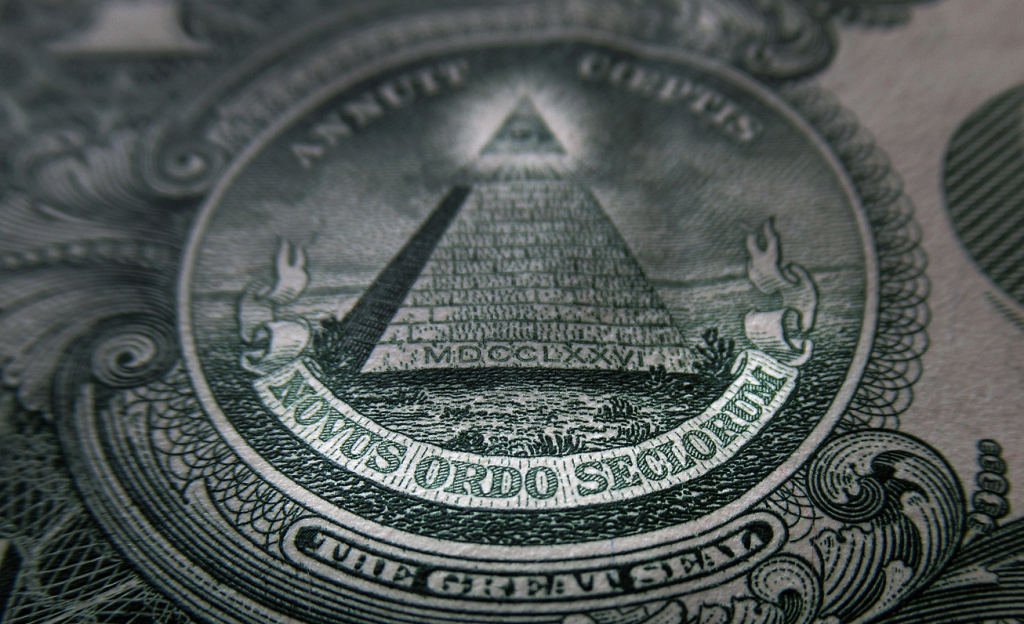In the discourse surrounding the concept of a “New World Order,” emblematic imagery such as the phrase “Novus Ordo Seclorum” and the Eye of Horus on the US dollar bill provides a vivid representation of globalist ambitions for dominance. Julian Rose emphasizes that the United States, particularly post the establishment of the Federal Reserve in 1913, was positioned to transition into a new global hegemon, succeeding the British Empire. This banking institution served as the financial engine for the US, empowering its elite—like the Rockefellers—to drive the paradigm of ‘Full Spectrum Dominance.’ The collaboration with European banking elites, primarily the Rothschild family, laid the groundwork for a military-industrial complex that thrived on global conflict, exploiting war to amass wealth while destabilizing peaceful societies.
The overarching objective of this orchestrated chaos, according to Rose, is to instill disruption within societies globally, targeting the very structures of peaceful existence and social stability, including nation-states and cultural norms. Such destabilization feeds into the grand designs put forth by influential think tanks like the Project for the New American Century, whose initiatives have led to vast human suffering and significant geopolitical shifts. While the US initially appeared to be the forefront of these strategies, Rose argues that the true puppeteers—the deep state—have been operating behind the scenes, using America as a façade for more sinister global ambitions. This shift in power dynamics has resulted in a vacuum of authority, allowing chaos to spread through various global crises, notably exacerbated by the recent pandemic and geopolitical tensions in regions such as Ukraine and the Middle East.
The implications of creating chaos extend beyond immediate conflict; Rose details how weather manipulation and environmental destabilization contribute to creating global suffering and devastation. Climate-related disasters are often manipulated under the guise of natural occurrences, diverting attention from the underlying engineered chaos. The author posits that this manipulation is intertwined with the narrative of anthropogenic climate change, allowing elites to control perceptions and induce further societal disintegration. The resultant chaos serves as a breeding ground for a “New World Order,” aimed at consolidating power and resources under a small, unfeeling elite. This view categorizes those in control as insidious and strategically malicious rather than merely misguided, highlighting the severity of their actions against humankind.
As society grapples with this reality, Rose suggests that a significant challenge lies in the inability of many to recognize the existence of psychopathically driven elites who perpetuate suffering. Most people fail to comprehend the nature of these individuals, viewing them instead as deranged outliers. This misconception allows the status quo to persist, propelling the chaos agenda forward. Rose argues that achieving awareness is crucial; society must confront these agents of chaos rather than passively accepting the destruction wrought upon the world. The struggle to recognize and address this harsh truth is essential for mobilizing collective action against the established order.
The author calls for a transformation in perception; rather than adopting a detached viewpoint, individuals must engage actively with the chaotic elements of modern life. He urges a shift from a linear, reductionist understanding of events toward a more holistic perspective that recognizes interconnectivity and the shared responsibility in shaping societal outcomes. Such a transition can compel individuals to reject passive consumption of narratives and embrace proactive resistance against the orchestrators of chaos. This paradigm shift is crucial to awakening societal consciousness and empowering collective efforts aimed at dismantling oppressive structures.
Ultimately, Rose’s narrative posits that recognizing and confronting the agents of chaos is imperative for the survival and flourishing of humanity. He asserts that individuals must embrace their roles as active participants in the ongoing struggle for liberation and justice. With clear-eyed recognition of the realities before them, people can galvanize their energies toward constructive, life-affirming actions. It is incumbent upon each person to choose whether to contribute to the suffering perpetuated by the elites or to participate in a collective ambition for a more just and humane world. In calling for courage and commitment, Rose envisions a future where the tide can turn against dark forces, ultimately reclaiming humanity’s agency.

